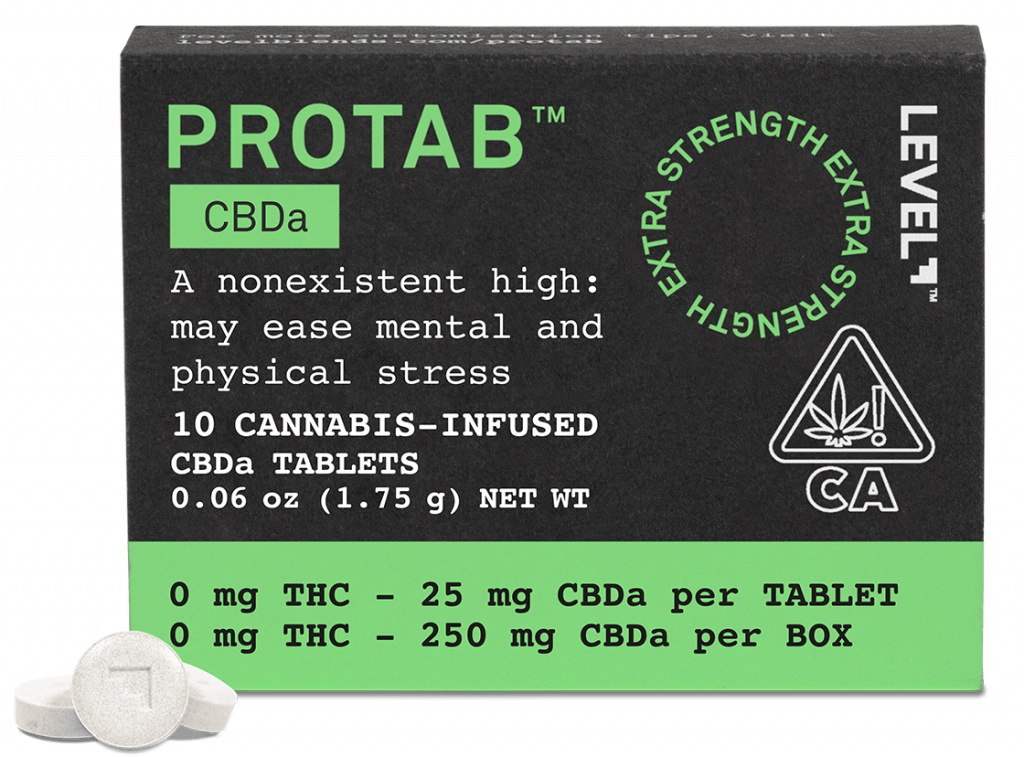So, what’s the difference between CBDa and CBD?
Cannabidioloic acid (CBDa) and cannabidiol (CBD) are both abundant chemical compounds found in cannabis and hemp.

CBDa is the acidic form of CBD and scientific studies have shown that both cannabinoids produce experiences associated with relaxation and calmness. Each may act as an anti-inflammatory agent and an analgesic, and they both show evidence of helping treat epilepsy, inflammation and anxiety disorders.
Because they share so many similar therapeutic benefits, what does CBDa offer that CBD doesn’t?
The short answer is that CBDa may provide better overall benefits than CBD. This is because CBDa affects the body’s endocannabinoid system (ECS) differently than CBD, its decarboxylated form.
Based on a study done in 2013 by a group of scientists in Guelph, Canada, CBDa was found to be 1,000 times more powerful than CBD in binding to a specific serotonin receptor linked to anti-nausea and anti-anxiety. One reason is that CBDa has greater bioavailability, which means the body can metabolize the compound faster.
In 2019, Dr. Raphael Mechoulam and his research team found a way to synthesize the CBDa molecule to provide a stable, consistent basis for researching new therapies across a wide range of medical needs.
Research is showing that CBDa may indeed provide additional benefits, but whether CBDa or CBD may be right for you depends on how your individual ECS reacts to both. If you’re someone who has used CBD regularly and have found it’s not helping as much as it used to, then giving CBDa a try might be just the ticket to help provide the therapeutic benefits you’re looking for.
We highly recommend you try CBDa to see what this exciting, new emergent cannabinoid may do for you.


